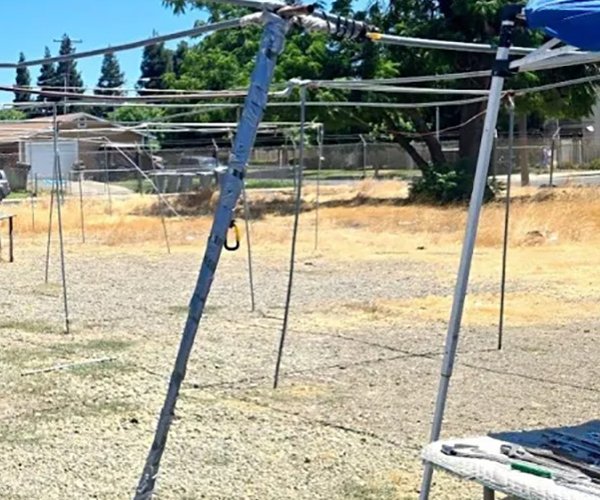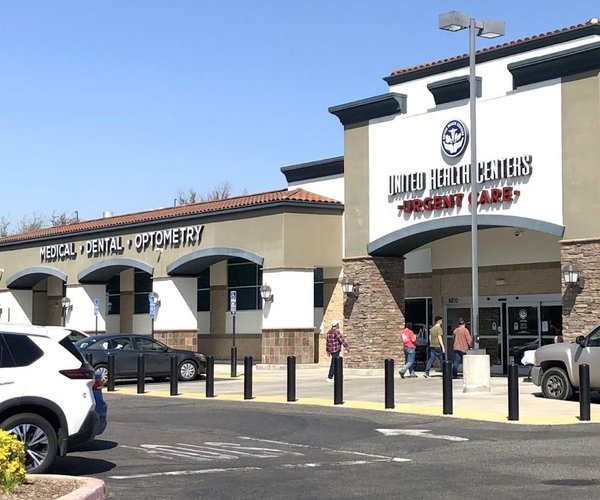A new bill introduced in Congress this week is being praised by both sides of the aisle for providing a pathway to citizenship while ensuring California’s agricultural workforce remains intact.
The Farm Workforce Modernization Act is a bipartisan bill co-sponsored by Central Valley representatives like Rep. Josh Harder (D-Turlock), Rep. Jim Costa (D-Fresno) and Rep. T.J. Cox (D-Fresno), among others, and has the support of 24 Democrats and 20 Republicans thanks to its efforts to help both farmers and undocumented workers.
According to data from a University of California, Davis study, more than half of the state’s 420,000 farmworkers are undocumented, many of whom reside in the San Joaquin Valley. The bill, introduced Wednesday, would give farmers a strengthened source of necessary labor by giving qualified farmworkers the chance to earn visas, improve the H-2A visa program to help the dairy industry and give agriculture workers a chance to work without fear of being deported.
“Most people in Washington couldn’t tell you which end of the cow the milk comes out of or where almonds come from – so it’s no surprise that the immigration laws on the books were not written with the needs of our ag community and farmworkers in mind,” Congressman Harder said. “We have a bipartisan solution here that will give folks a chance to get right with the law, give our farmers certainty in their workforce and make sure we’re addressing the needs of our dairy farmers in the H-2A program. It also gives folks who work hard in the fields and contribute to our communities a chance to come out of the shadows and earn a path to citizenship.”
After months of negotiations, the bipartisan agreement has the support of agriculture, immigration and labor groups, including the California Farm Bureau Federation. The CFBF applauded the legislation, noting that reform allowing citizenship in return for continued agricultural employment enhances the lives of farm employees and their families.
“This comprehensive legislation contains key elements that address current and future workforce needs for agricultural employers and employees in California and throughout the nation. The reforms in the Farm Workforce Modernization Act of 2019 will provide much-needed solutions for agricultural employers and employees,” CFBF President Jamie Johansson said. “We need to deal fairly with the existing agricultural workforce and their immediate families. The people who work on farms and ranches are valued members of rural communities. Their contributions to our communities and our food system should be recognized by allowing them a chance to gain legal status.”
To earn legal status, an applicant must show at least 180 days of agricultural employment over the last two years and pass a background check. Qualified applicants are provided five-year renewable agricultural work visas, which they can renew by working in agriculture each year. Those who have ag experience but do not meet the criteria for eligibility are provided the option of applying for H-2A visas, and the bill would make 60,000 of them available year-round over the first three years.
After working in agriculture for eight years and paying a penalty, five-year visa holders can apply for their green card. If they can prove 10 years of prior work in agriculture, they can apply for a green card at four years.
The bill would also modernize and streamline the existing H-2A agricultural visa program, providing more flexibility for employers and ensure critical protections for foreign employees. For example, Johansson pointed out, a pilot program in the bill would allow H-2A employees to move from farm to farm for employment — a portability option California producers have long sought. Guest worker visas would also be accommodated as part of the bill for year-round operations such as dairies and nurseries for the first time ever.
In addition, employers would be able to post job openings on an online job registry, rather than by taking out a costly classified advertisement. The bill also reduces labor costs by freezing wages for one year and capping wage growth thereafter, with the adverse effect wage rate replaced in later years.
Provisions such as these also earned the Farm Workforce Modernization Act the support of the Stanislaus County Farm Bureau.
“California farmers and ranchers have long sought reforms and improvements to immigration laws that would enhance the lives of agricultural employees and their families,” Executive Director Wayne Zipser said. “We support the Farm Workforce Modernization Act – a truly bipartisan bill.”









